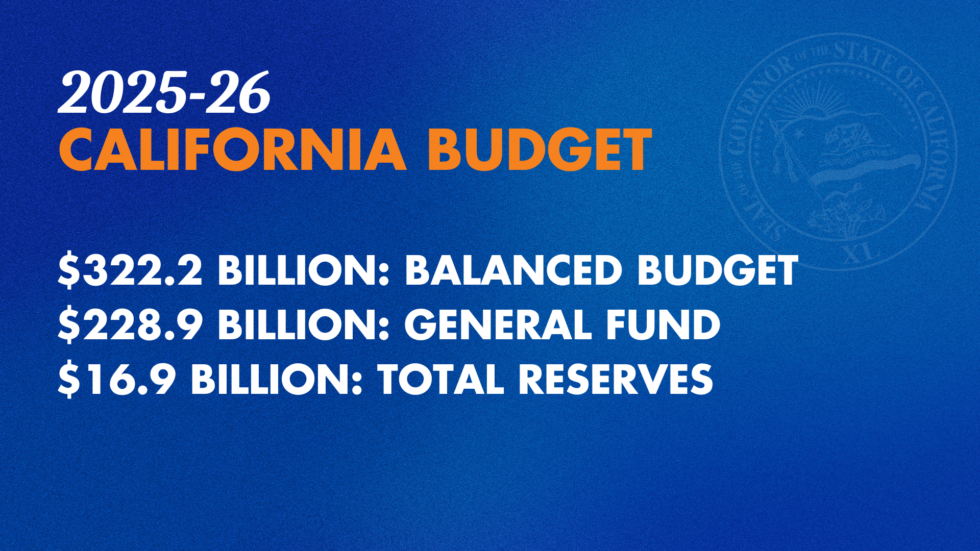China-Canada Partnership: A Counterbalance To US Influence?

Table of Contents
Economic Opportunities and Mutual Benefits
A strengthened China-Canada partnership offers significant economic advantages for both nations. The potential for increased bilateral trade is substantial, creating a mutually beneficial economic relationship.
Trade and Investment
The expansion of Sino-Canadian trade presents numerous opportunities. Canada possesses abundant natural resources, including timber, minerals, and energy, which are highly sought after in China. Conversely, China offers a vast market for Canadian agricultural products and advanced technologies. Increased collaboration can lead to:
- Increased Canadian exports to China: Diversifying Canadian export markets and reducing reliance on the US.
- Chinese investment in Canadian infrastructure: Funding crucial projects and stimulating economic growth.
- Collaborative research and development projects: Driving innovation and technological advancement in key sectors.
This increased foreign direct investment (FDI) and bilateral trade agreements can boost economic growth and create jobs in both countries.
Technological Collaboration
Significant synergies exist between Canada and China in technological innovation. Both nations are leaders in various fields, including clean energy, artificial intelligence (AI), and telecommunications. Technological cooperation can take the form of:
- Joint ventures: Combining expertise and resources to develop cutting-edge technologies.
- Technology transfer: Sharing knowledge and expertise to accelerate innovation.
- Shared research facilities: Pooling resources to conduct collaborative research and development (R&D).
Such innovation partnerships will foster technological advancement and create new economic opportunities for both nations.
Geopolitical Implications and Challenges
While a closer China-Canada relationship offers significant economic benefits, it also carries geopolitical implications and challenges.
Navigating the US-China Trade War
Canada's position in the ongoing trade tensions between the US and China is delicate. A closer relationship with China could potentially expose Canada to retaliatory measures from the US, creating trade sanctions and economic risks. Balancing economic interests with diplomatic relations requires careful navigation. This necessitates:
- Careful consideration of potential risks of sanctions: Developing strategies to mitigate potential negative impacts.
- Balancing economic interests with diplomatic relations: Maintaining strong ties with both the US and China without compromising either relationship.
This delicate balancing act requires sophisticated diplomatic strategies.
Human Rights and Governance Concerns
The issue of human rights in China presents a significant challenge to a closer partnership. Balancing the economic benefits with ethical considerations is a complex issue that requires careful consideration. Potential criticism from Western democracies will need to be addressed through:
- Open and honest dialogue about human rights concerns: Addressing these concerns without compromising the economic relationship.
- Developing strategies to promote human rights within the framework of the partnership: Finding avenues for constructive engagement.
This necessitates a nuanced approach that acknowledges both the economic benefits and the ethical concerns.
Strengthening the Partnership: Areas for Development
To fully realize the potential of a strengthened China-Canada partnership, focused efforts in several key areas are crucial.
Diplomatic Initiatives
Improving communication and trust between the two governments is paramount. This can be achieved through:
- Increased high-level dialogue: Facilitating regular meetings between government officials.
- Cultural exchange programs: Promoting mutual understanding and appreciation.
- People-to-people diplomacy: Encouraging interaction and collaboration between citizens.
These bilateral relations initiatives can foster stronger ties and mutual understanding.
Infrastructure Development
Joint infrastructure projects can significantly enhance the economic and logistical links between Canada and China. This includes:
- Investment in infrastructure projects: Developing transportation networks and energy infrastructure.
- Development of trade corridors: Streamlining the movement of goods and services between the two countries.
Such infrastructure investment can significantly boost trade and economic cooperation.
Conclusion
A strengthened China-Canada partnership offers significant economic opportunities and the potential to act as a counterbalance to US influence. However, challenges exist, particularly concerning navigating the US-China trade war and addressing human rights concerns. Successfully developing this relationship requires careful consideration of these factors, a commitment to open dialogue, and focused efforts to strengthen diplomatic ties and infrastructure. Further analysis of the China-Canada partnership and its role in the global power balance is crucial. Understanding the opportunities and challenges inherent in this relationship will be key to navigating the complexities of the 21st-century geopolitical landscape. Explore the potential for a stronger China-Canada partnership to effectively counterbalance US influence.

Featured Posts
-
 Dallas Cowboys Draft Ashton Jeanty Or Risk Losing Him
Apr 25, 2025
Dallas Cowboys Draft Ashton Jeanty Or Risk Losing Him
Apr 25, 2025 -
 The Impact Of April 1945 News That Shaped The World
Apr 25, 2025
The Impact Of April 1945 News That Shaped The World
Apr 25, 2025 -
 Bof As Reassurance Addressing Concerns About High Stock Market Valuations
Apr 25, 2025
Bof As Reassurance Addressing Concerns About High Stock Market Valuations
Apr 25, 2025 -
 Quien Lidera La Bota De Oro 2024 25 Analisis De La Clasificacion
Apr 25, 2025
Quien Lidera La Bota De Oro 2024 25 Analisis De La Clasificacion
Apr 25, 2025 -
 5 Key Actions To Secure A Role In The Booming Private Credit Industry
Apr 25, 2025
5 Key Actions To Secure A Role In The Booming Private Credit Industry
Apr 25, 2025
Latest Posts
-
 The Portnoy Newsom Feud What You Need To Know
Apr 26, 2025
The Portnoy Newsom Feud What You Need To Know
Apr 26, 2025 -
 Dave Portnoy Unloads On Gavin Newsom The Full Story
Apr 26, 2025
Dave Portnoy Unloads On Gavin Newsom The Full Story
Apr 26, 2025 -
 Portnoy Slams Newsom A Detailed Look At The Controversy
Apr 26, 2025
Portnoy Slams Newsom A Detailed Look At The Controversy
Apr 26, 2025 -
 Understanding The Controversy Surrounding Gavin Newsom
Apr 26, 2025
Understanding The Controversy Surrounding Gavin Newsom
Apr 26, 2025 -
 Newsoms Policies A Balanced Perspective
Apr 26, 2025
Newsoms Policies A Balanced Perspective
Apr 26, 2025
